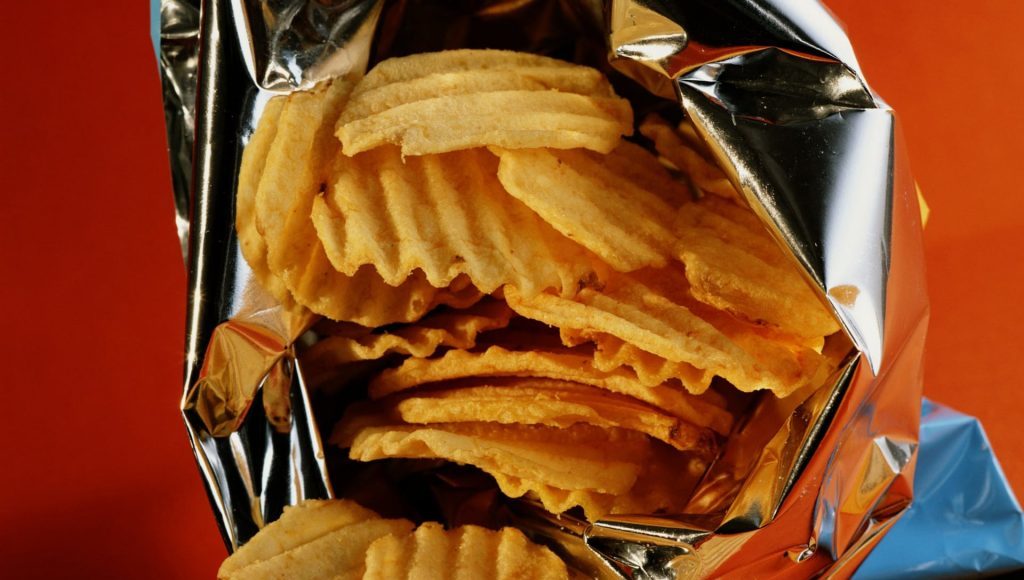Biscuits and crisps in the U.K. will lose their golden brown colour due to new rules forcing manufacturers to reduce a chemical found in burnt food which may lead to a higher risk of cancer.
The snacks will become paler from April when makers of foods containing acrylamide must prove they are reducing levels to make food safer to eat.
Industry figures said the products would now be baked at lower temperatures for longer, meaning they would lose their colour but not their crunch.
At present, biscuits and crisps made by Fox’s, Marks & Spencer (M&S) and other major brands contain raised levels of acrylamide, which forms when potatoes and grain-based items are cooked in temperatures hotter than 120 C. Acrylamide is a chemical which has been identified by the World Health Organization as a cancer risk.
Dr Lisa Ackerley, food safety adviser at the British Hospitality Association, said that while recipe reformulations would not result in biscuits and crisps losing their crunch, their golden brown colour would likely be lost in the process.
“Manufacturers will likely cook food at a lower temperature but for longer, meaning the colour will become lighter,” she said. “Companies are making good progress on acrylamide already, and when you compare the colour crisps from a few years ago to now, you find today’s are much lighter.”
The latest Food Standards Agency (FSA) testing showed that M&S’s cranberry and raspberry breakfast biscuits contain 1683 milligrams of acrylamide per kilogram. This is more than three times the FSA’s “indicative” level of 500 milligrams of acrylamide per kilogram.
Meanwhile, Fox’s crinkle crunch stem ginger biscuits contain 1383 milligrams of acrylamide per kilogram.
Acrylamide is also found in coffee, coffee substitutes, some baby food and bread.
Pubs and restaurants are also being told to take reasonable steps to reduce acrylamide in food or face enforcement measures.
It is likely to cause controversy as brown “fluffed” roast potatoes, burned Yorkshire puddings and overdone toast are often specially requested by customers. It comes after the FSA launched a campaign to warn consumers of the health risks of cooking these foods at home.
At the time, scientists accused the government of “massively overreacting” as there is no scientific proof of a link between acrylamide consumption and cancer in humans. The FSA’s advice was based on experiments on mice, rather than any studies showing that acrylamide causes cancer in people.
Source: The Telegraph











